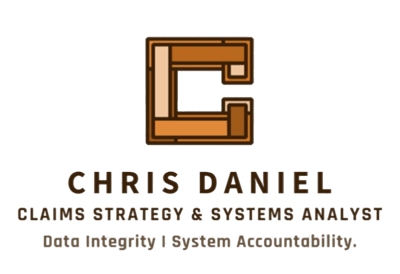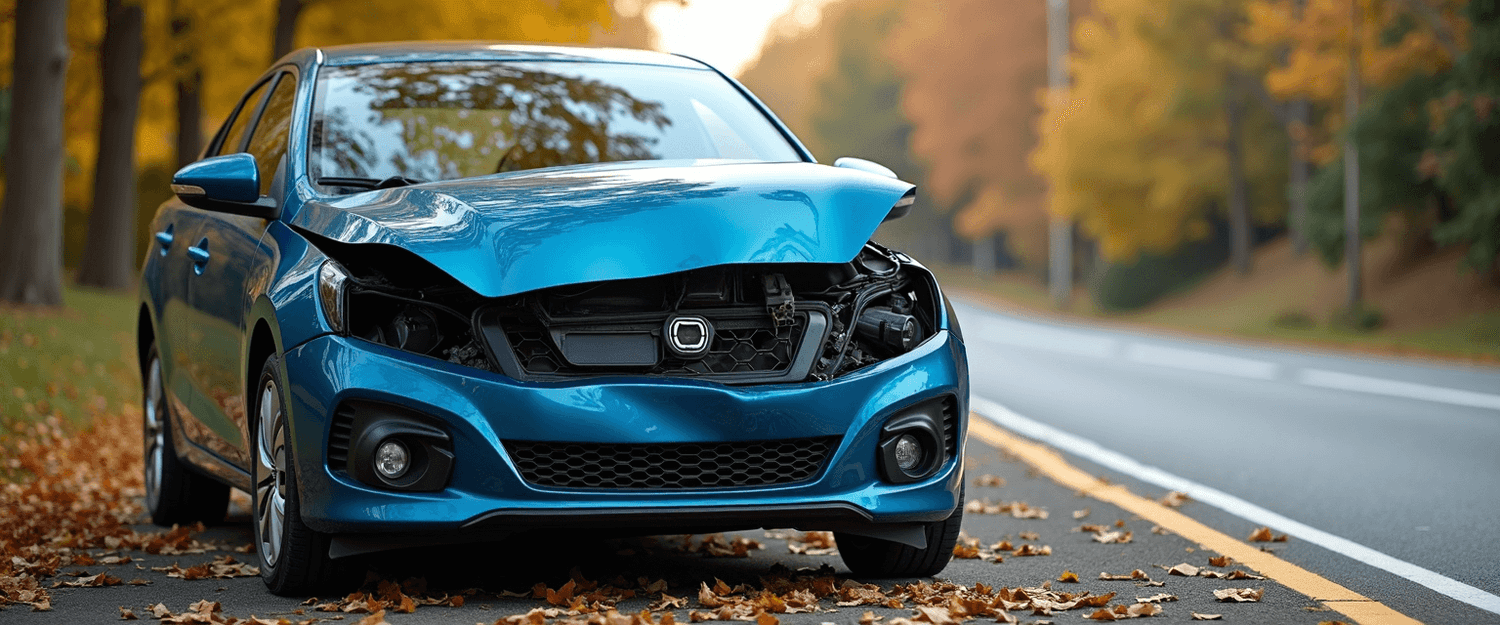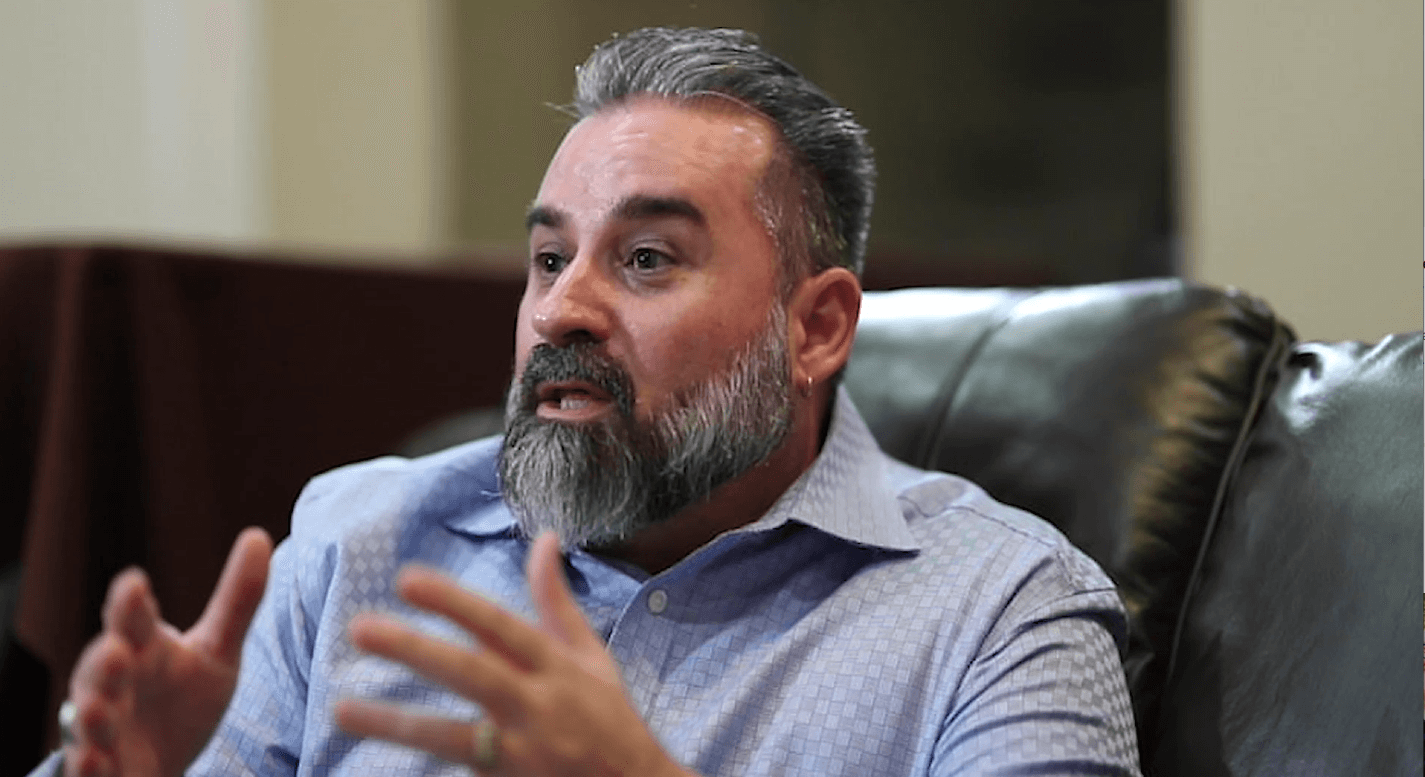
Auditing the Total Loss
Vehicle Valuation: Auditing the Total Loss
Disclaimer: I am a Systems Analyst, not a Public Adjuster or Attorney. This resource is provided 100% free of charge for educational purposes only. It is a framework for auditing valuation data, not legal advice or claims adjustment services.
During my time in the industry, I learned that the "total loss" process is often misunderstood. It isn’t about arguing feelings; it’s about auditing data. Insurance carriers use specific formulas to determine value. If you don't check the inputs, you can't verify the output. Here is the step-by-step framework to audit the math.

Step 1: Determine the Actual Cash Value (ACV)
The ACV is the starting point for calculating your vehicle’s total loss. Here’s how to do it:
Find Comparable Vehicles (LKQ – Like, Kind and Quality):
Search for vehicles currently for sale in your area (within ~100 miles) that match your car’s make, model, year, and features.
Avoid using Kelly Blue Book. It’s like using Zillow’s “wishful thinking” prices instead of Redfin’s actual sale data.
Calculate the Average Price:
Collect a fair sample size of vehicles (e.g., 40 listings).
Add up all the prices and divide by the number of vehicles to get the average.
Example: If you find 40 Honda Civics for sale, add up their prices and divide by 40. That average is your car’s ACV.
Step 2: Add Taxes and Pro-Rated Registration
Once you have the ACV, you’ll need to account for additional costs:
Taxes:
Add the applicable sales tax for your state. This is what the insurance company would pay if they were buying the vehicle from you.
Pro-Rated Registration:
Calculate the remaining value of your vehicle’s registration.
How to Calculate: Take your annual registration cost, divide it by 12 months, and multiply by the number of months left. Add this amount to the total.
Step 3: Adjust for Salvage Value
If your vehicle is totaled, it still has some value as salvage. Here’s how this works:
Keeping the Salvage:
If you plan to keep the vehicle, the salvage value will be subtracted from the total.
Letting the Insurance Company Take It:
If you let the insurance company take the salvage, no deduction is made.
Step 4: Account for Your Deductible
If you’re using your own insurance company, your collision deductible will apply.
When the Deductible Applies:
If the responsible party’s insurance hasn’t accepted liability, your deductible will be subtracted from the total.
When the Deductible Is Waived:
If the other insurance company accepts liability 100%, your insurance company may waive the deductible as a courtesy.
Step 5: Understand the Contract and State-Specific Rules
Insurance policies are contracts, and they outline exactly what your insurance company will do. Here are a few key points to keep in mind:
Repair vs. Total Loss:
The decision to repair or total the vehicle is up to the insurance company, not you.
If the vehicle is repaired, you can sell it afterward, but the choice to repair is theirs.
Rental Car Coverage:
Most policies only cover rental cars for 30 days. If repairs take longer, you’ll need to cover the extra cost or negotiate with the responsible party’s insurance.
State-Specific Rules:
Laws vary by state. For example, in Nevada, if you’re 51% at fault, you’re barred from recovery. Know your state’s rules on negligence and liability.
Vehicle Total Loss Calculator
This tool illustrates the general formula Chris uses on this page. Actual outcomes depend on your policy, carrier, and state law.
The Formula for Total Loss
Here’s the simplified formula:
ACV (Actual Cash Value)
+ Taxes
+ Pro-Rated Registration
- Salvage Value (if applicable)
- Deductible (if applicable)
= Total Loss Settlement
Lastly, are you using your own insurance or the responsible parties insurance company for this? That is important and I don't care to debate liability with you. Your opinion on who is at fault is not my concern here. Save that for your recorded statement when the insurance adjuster interviews you. If and only if liability is clear, would you want to use someone else's insurance company.
If you are using your own insurance company, you would and should have a collision deductible that would also apply to this calculation. Yes, this is the process. As a courtesy, the insurance company might waive that deductible if the responsible party insurance company has accepted liability for the accident 100%. This is only a courtesy and is only ever extended when another reputable insurance company who "accepts liability" that would then allows your own insurance company to waive the deductible in "good faith". - They would not do that for you or me even if we admit fault. The insurance company has no reason to assume that you or I have the ability to repay them. They would only do this for another insurance company who say those magic words "We accept liability".
Now I used terms like, liability, good faith, etc., but you have an actual contract. I know, most people never read it. But it clearly outlines, in that contract, what your insurance company will do, should do and how they will proceed.
Sometimes, your vehicle is determined to be repairable. Whether you want it back or not, the choice to repair it isn't yours. You can keep the salvage or not, but the choice to repair is the insurance companies to make. Once repaired, if you want to sell it, be my guest.
Contractually, you likely only have a 30 day rental policy if you elected to have rental on your auto policy. If your vehicle's repairs take 5 weeks, for example, guess who will pay the extra week of rental on that? You or that responsible party insurance company. If you're the responsible party, you should prepare to be out of that rental car within 30 days or expect to take over payments on the rental.
Likewise, these matters can vary from state to state. Some states deal with comparable negligence while others don't. In Nevada, for example, if you're considered greater than 50% at fault for an accident, you're "barred" from any recovery. That's huge. Don't be the Proximate Cause in NV, right?
Final Thoughts
Estimating your vehicle’s total loss can feel overwhelming, but with the right approach, you can ensure you’re getting a fair settlement.
Remember, the key is to rely on real data, understand your policy, and know your state’s rules.
If you have questions or need help navigating the process, feel free to reach out. I’m here to help you make sense of it all.

Chris Daniel
I am a Claims Adjuster and Network Admin focused on Strategy & Systems Analysis. Basically, I investigate everything until I figure it out. From IT networks and insurance policies to stock market momentum, social media algorithms, and litigation tactics—I treat every challenge like a crime scene to be solved. (And no, it's not always Colonel Mustard with the Candlestick in the Living Room)
About page.

Food For Thought
"Expect the best. Prepare for the worst. Capitalize on what comes."
- Zig Ziglar

All Rights Reserved.